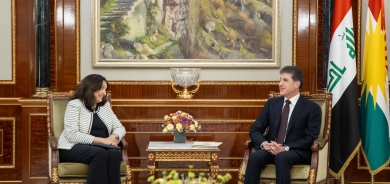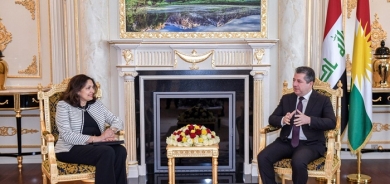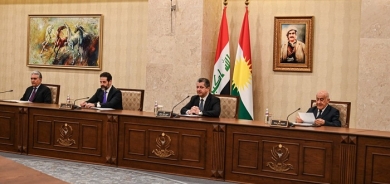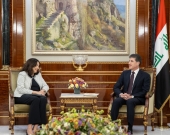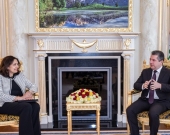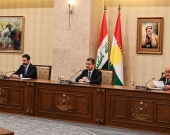China's Shenzhou-9 capsule returns safely to Earth
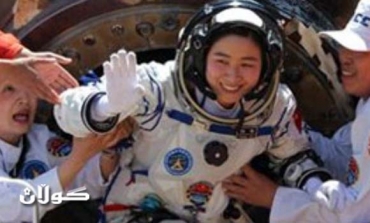
The capsule, carrying the crew of China’s Shenzhou-9 spacecraft, has now successfully landed in China’s Inner Mongolia region.
The success of this mission brings China a step closer to creating its own manned space station. The video above from Chinese state television, shows live images of the capsule's safe landing in the grasslands of Inner Mongolia's Siziwang county.
The BBC reports that Premier Wen Jiabao hailed the mission as a "complete success". Mr Wen said in Beijing, "This is another outstanding contribution by the Chinese people to humanity's efforts to explore and use space."
Female astronaut Liu Wang caught the media's attention. She told the national broadcaster, CCTV, "It feels so good to stand on Earth, and it feels even better to be home." "Tiangong-1, our home in space, was comfortable and pleasant. We're very proud of our nation," she added.
Digital Journal reported on June 16 that China had launched its fourth manned space flight, with three astronauts, including a woman. The Shenzhou-9capsule successfully docked with the Tiangong-1 orbital station on June 18.
Tiangong-1 is a prototype unit, with China planning to replace it with a larger, permanent, space station by 2020. China's first female astronaut, 33-year-old Liu Yang, and her two male colleagues, 46-year-old Jing Haipeng and 43-year-old Liu Wang, have performed scientific experiments and generally tested out the life-support system of the module.
The three major mission goals for the crew were health monitoring of the astronauts, including nutrition and metabolism, moods, and biorhythm changes in orbit, research on the physiological effects mechanism of weightlessness and the countermeasures, which include the impact study on the functions of astronaut’s cardiovascular, vestibule and brain in the orbiting flight.
They also studied bone loss in space and conduct research in environmental medicine.
Source: BBC


